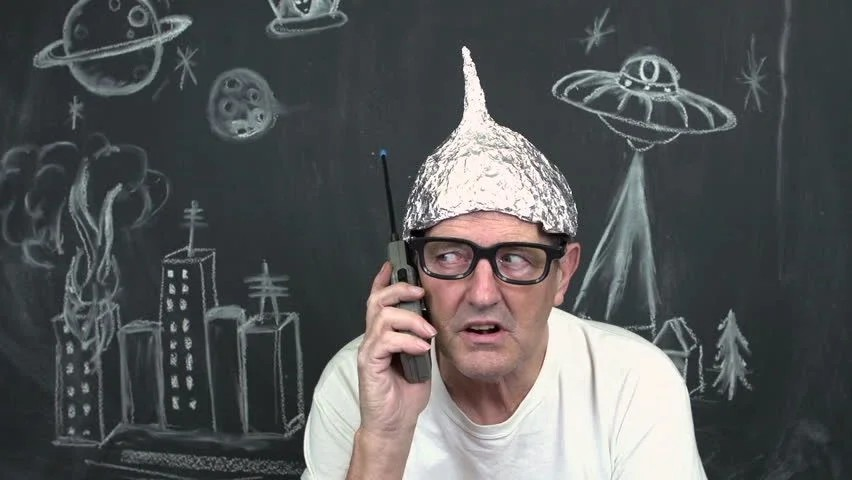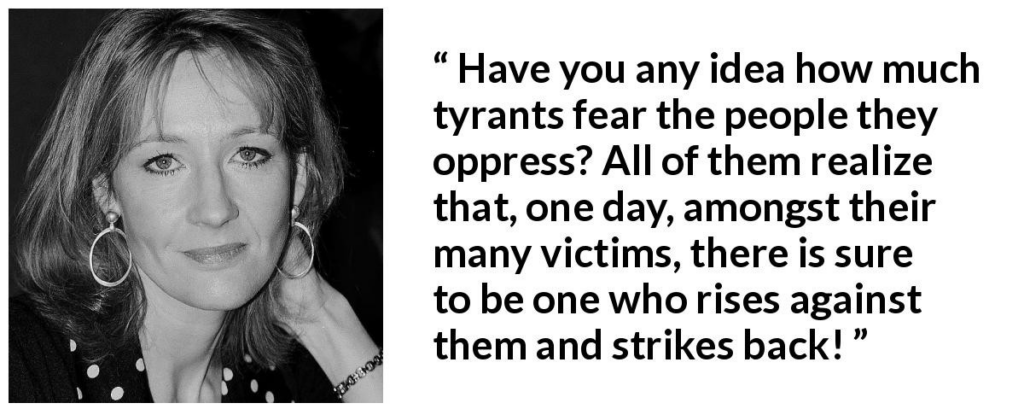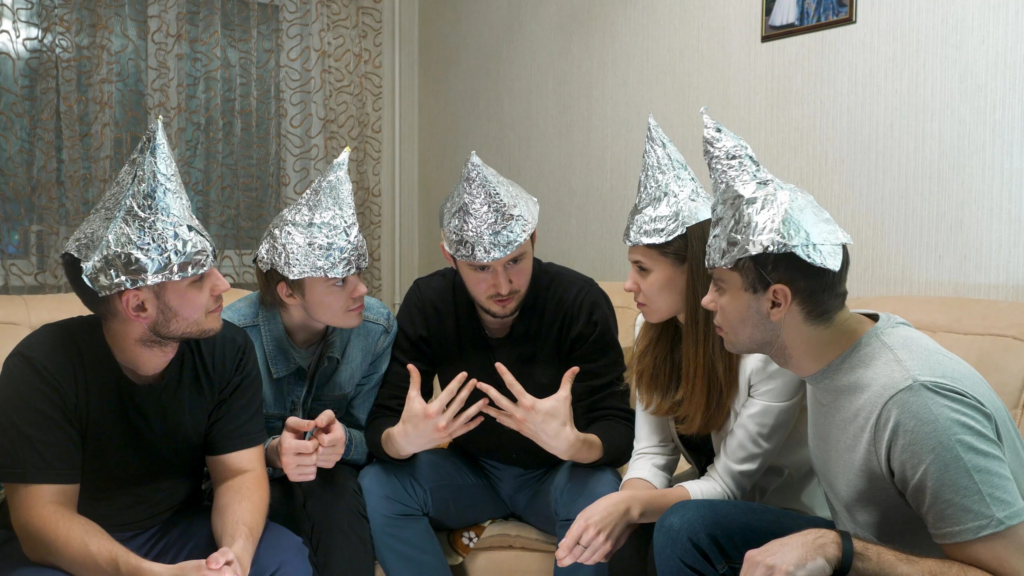Physical Address
304 North Cardinal St.
Dorchester Center, MA 02124
Physical Address
304 North Cardinal St.
Dorchester Center, MA 02124

In today’s world, the term “conspiracy theorist” often conjures images of eccentric individuals clutching cryptic notes and spouting improbable scenarios. While these stereotypes may seem harmless or even humorous, they serve a much darker purpose: undermining those who dare to question official narratives. Mockery is not just a social phenomenon; it’s a deliberate tactic used by authoritarians and elites to silence dissent, manipulate public perception, and maintain control.
Let’s dive into why this strategy is so effective, how it has evolved, and how we can resist its grip on society.
The term “conspiracy theorist” wasn’t always a derogatory label. Historically, it referred to anyone who proposed that events or circumstances might result from secretive or coordinated efforts. However, in the 20th century, the term was weaponized to discredit dissenters.
A pivotal moment came in the wake of President John F. Kennedy’s assassination in 1963. The CIA, in response to skepticism surrounding the Warren Commission’s findings, issued a memo (later declassified) encouraging the use of “conspiracy theorist” as a dismissive term. This strategy aimed to marginalize those questioning the narrative, framing them as irrational or untrustworthy.

Tyrants and oppressive regimes thrive on control, and their greatest fear is losing it. Conspiracy theorists, by challenging official narratives and encouraging skepticism, pose a significant threat.

Mockery is one of the most effective tools for silencing dissent. It turns legitimate questions into punchlines and makes the act of questioning authority seem laughable. Here’s how it works:

Mainstream media amplifies the mockery of conspiracy theorists through selective representation and sensationalism.

The mockery machine employs several psychological tactics to marginalize conspiracy theorists and discredit their ideas.
Mockery and ridicule are not just about silencing conspiracy theorists—they’re about controlling the population. By turning the public against those who question authority, tyrants maintain their grip on power.
History has shown us that dissent is vital for progress. Many truths that were once dismissed as “crazy” or “impossible” have been vindicated over time. It’s a reminder that skepticism is not the enemy; it’s a cornerstone of a healthy, questioning society.

For a fascinating exploration of how digital platforms have become battlegrounds for control, check out our blog post, Why Memes Terrify the Powerful: The Battle Against Propaganda in the Digital Age. This deep dive reveals how humor, imagery, and social media are challenging traditional propaganda in ways that even the most powerful regimes struggle to contain.
Ridicule may be a powerful tool, but it’s one that can be countered with awareness and collective resistance. By recognizing the tactics used to suppress dissent, fostering critical thinking, and building communities that value open dialogue, we can challenge the mockery machine and empower those who dare to question authority.
Disclaimer: These are entirely our own thoughts and interpretations. If you find yourself laughing at how absurdly accurate some of this sounds, you’re not alone. Remember, questioning authority doesn’t make you crazy—it makes you informed. And no, you won’t find us wearing tin foil hats anytime soon, but we’re not above asking why they’re so heavily mocked. Coincidence? You decide.